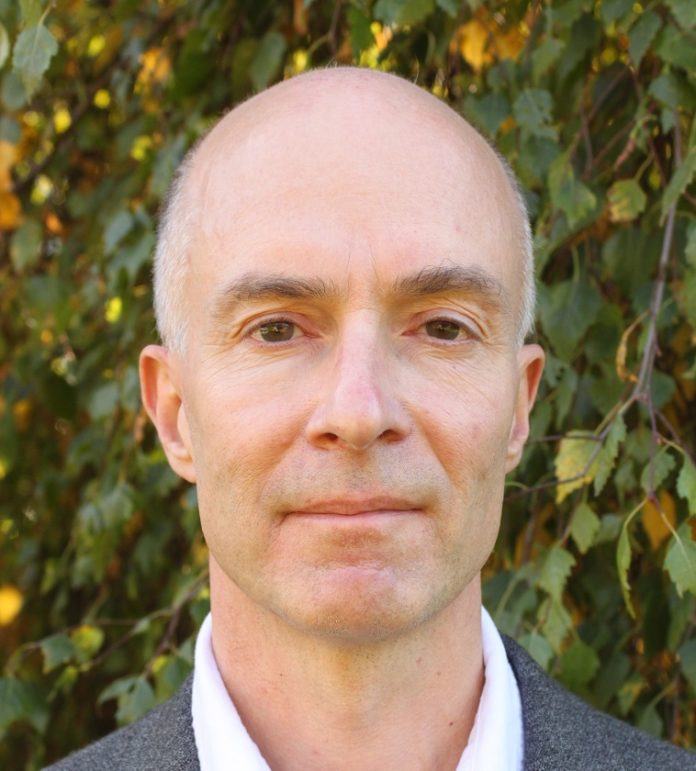Our understanding of the prospects for climate change and its impacts on water has been mounting over the course of many years. The outputs of the IPCC’s assessments provide a science-based reference point for this understanding.
Awareness and concern about these prospects is another matter. The World Economic Forum’s Global Risks Report is built on survey-based findings. As such, it can be seen as a gauge of that awareness and concern. The latest edition, and the wave of other reports on risks and on climate change impacts and needs highlighted in this issue’s News, signals the extent to which the issue has taken hold.
We need thinking on water to inform the response that emerges from this awareness and concern. The pervasiveness of water and the myriad factors that need to be brought together to secure a coherent response mean that this response should not deal with climate change in isolation. Articles in this issue of the magazine articulate some of the ways that water can indeed inform the response.
One is to do with the bigger picture of what we are trying to achieve. The task of meeting needs – today and into the future – and of providing protection, both to humans and the world around us, is all about security. It is about our ability to draw on water resources, to remain safe from water-related threats, and to protect and preserve the natural world. The article on p16 explores this overarching picture of water security – beginning with how to define it and how to measure it.
The article on p13 highlights the importance of a systems-based approach. This is vital given the connectedness of water. Action – or failure to act – will have ramifications elsewhere.
The need is two-fold: firstly for a comprehension of the need for a systems-based approach; and then for an appreciation by individuals and organisations of their part in that systems-based approach.
Then there is resilience. A systems-based approach is needed and we want to achieve security; resilience is the characteristic that needs to be developed – in ourselves and our infrastructure – to connect the two. The article on p20 explores one city’s pursuit of resilience, in this instance that of New York, where author Rohit Aggarwala notably occupies the twin roles of chief climate officer and of commissioner of the department responsible for the city’s water and sewer system.
A further article, on p39, adds a philosophical outlook drawn from Korean traditions. ‘Mo’ is the sound of the Korean word for ‘all’. The philosophy combines three ‘alls’ – by all, for all, and all water – as ‘MoMoMo’. We live in a complex and highly connected world. There are no simple solutions, so simplistic views should be avoided. But our direction of travel needs to combine and integrate water security, systems-based approaches, resilience, and more – a complex mix by anyone’s standards. We need to be able to grasp and comprehend what our direction of travel should be if we are to make progress on these fronts. It is this need that gives power to the philosophical perspective.
Keith Hayward, Editor






